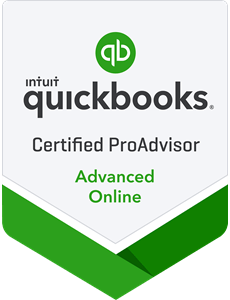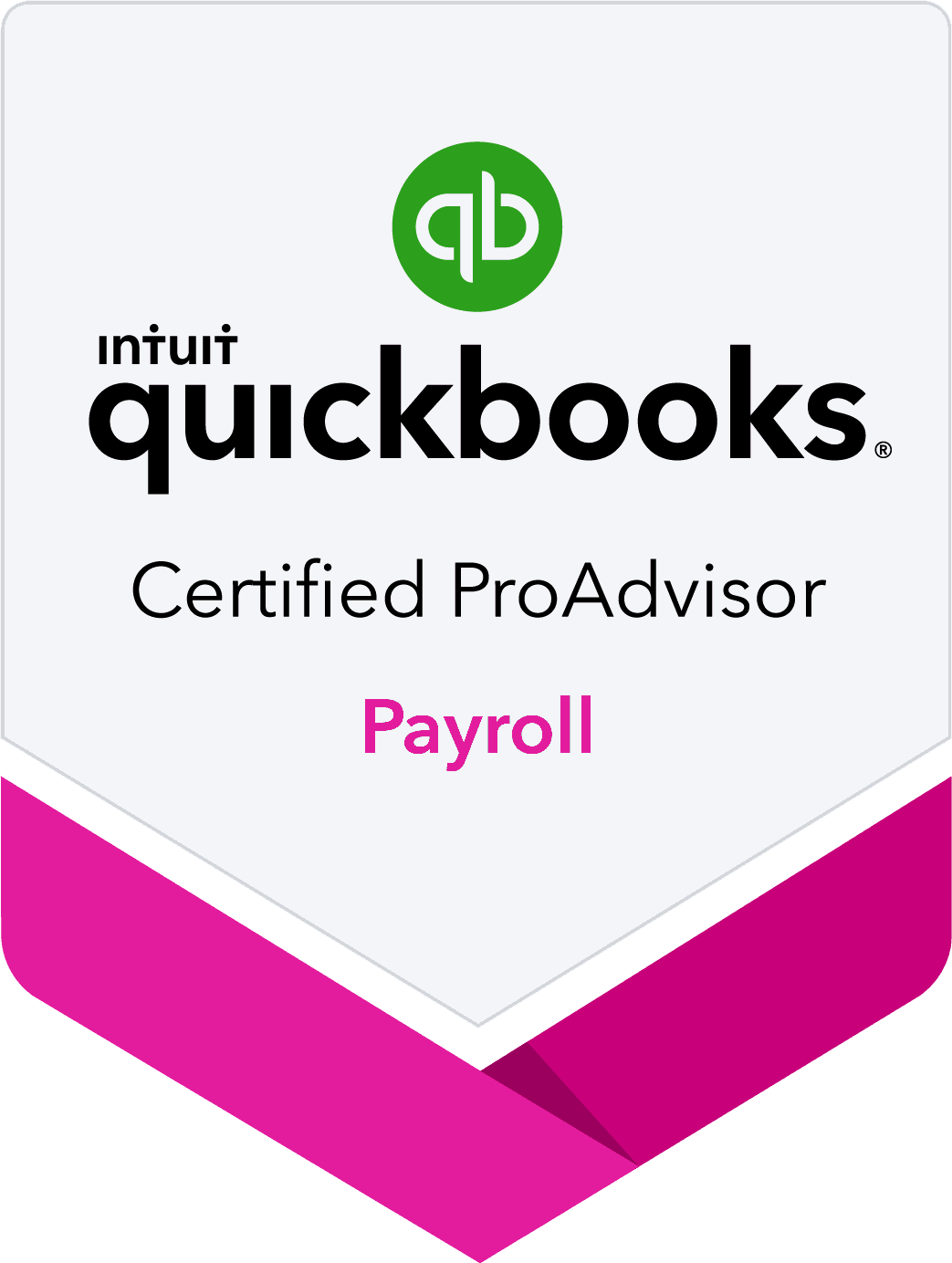Taxpayers should place original documents such as tax returns, birth certificates, deeds, titles, and insurance policies inside waterproof containers in a secure space. Duplicates of these documents should be kept with a trusted person outside the area of the taxpayer. Scanning them for backup storage on electronic media such as a flash drive is another option that provides security and portability.
Hurricane Season
Hurricane Preparedness Week and is also National Wildfire Awareness Month. Now is a good time to create or review emergency preparedness plans for surviving natural disasters.
In the last year, the Federal Emergency Management Agency (FEMA) declared major disasters following hurricanes, tropical storms, tornados, severe storms, flooding, wildfires and an earthquake. Individuals, organizations and businesses should take time now to make or update their emergency plans.
Secure key documents and make copies
Document valuables and equipment
Employers should check fiduciary bonds
Employers who use payroll service providers should ask the provider if it has a fiduciary bond in place. The bond could protect the employer in the event of default by the payroll service provider. The IRS reminds employers to carefully choose their payroll service providers.
Rebuilding documents
Reconstructing records after a disaster may be required for tax purposes, getting federal assistance or insurance reimbursement. Those who have lost some or all their records during a disaster can visit IRS’s Reconstructing Records webpage as one of their first steps.
IRS stands ready
After FEMA issues a disaster declaration, the IRS may postpone certain tax-filing and tax-payment deadlines for taxpayers who reside or have a business in the disaster area. There is no need to call the IRS to request this relief. The IRS automatically identifies taxpayers located in the covered disaster area and applies filing and payment relief. Those impacted by a disaster with tax-related questions can contact our office, Ana Echeverri & Associates, at (407) 601-3157, Monday through Friday, from 9a.m. to 5p.m. to speak with one of our tax specialists trained to handle disaster-related issues.
Taxpayers who do not reside in a covered disaster area, but suffered impact from a disaster should call our office as well to find out if they qualify for disaster tax relief and to discuss other available options.
Ana Echeverri


Certified QuickBooks ProAdvisor
Ana can help you set up and manage your QuickBooks online and on desktop. Having a streamlined chart of accounts and strategy for accounting will help you understand your company's ins and outs.





